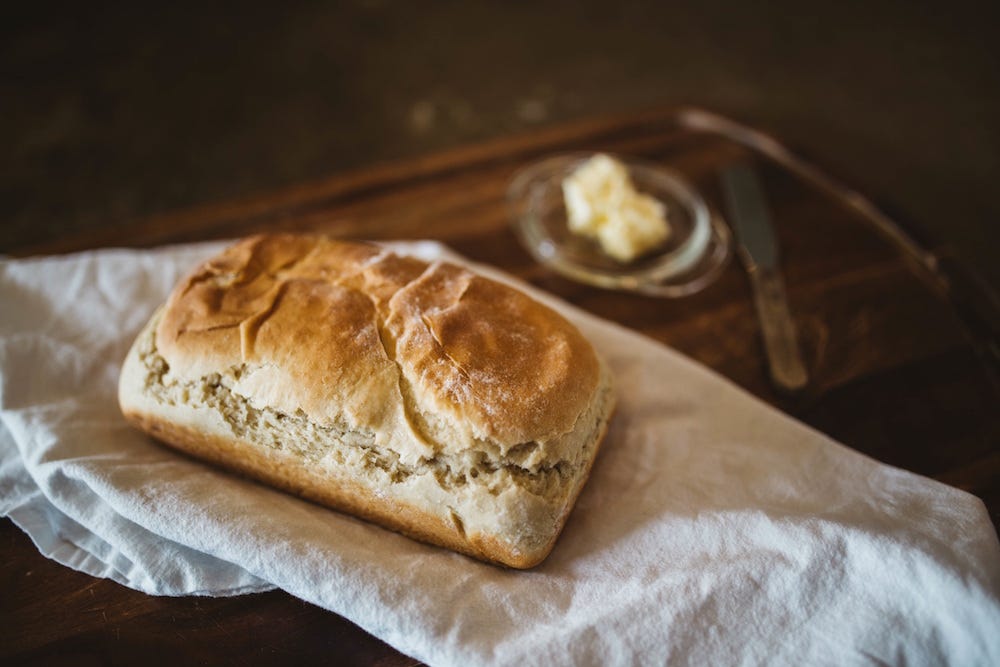Cooking and the Feeding of Our Souls

I’m becoming my mother. Whenever she comes to visit us, her greatest ambition is to cook for our family. She asks which of her Korean homemade dishes we’d like to eat, and even prior to her stay she prepares in advance by shopping for groceries we can’t find locally. She’s a lady on a mission. Her goal is to cook every dish she knows we’ll enjoy and to freeze extra meals to last us for weeks after. Each morning she’s up before the sun, and when I come downstairs I find her drinking her tea with something new simmering on the stove.
She overworks herself cooking for us, but even when I tell her to rest she has a hard time stopping. She wants to make sure everything is full- our bellies, the fridge, the freezer- and until recently I didn’t understand why this was so important, so inherent in her.
A couple of weeks ago I stepped down as an associate pastor at our church to prepare for our move out of state. It’s the first time being a full-time stay-at-home mom with no meetings to attend, no sermons to prep, no ministry or work obligations whatsoever. So how do I fill up this new space in my life? I cook. Instead of prepping for Sunday services, I plan for meals. Instead of having coffee dates with people, I shop for groceries with the intent of filling my family’s bellies and our fridge to bursting. I am becoming my mother, and I can’t help it.
But I'm understanding now that innate desire to provide food for those around you. The act of cooking runs deeper than merely wanting to satisfy empty stomachs. It is a medium for love. When I chop up garlic and make it dance in hot oil, when I sprinkle salt to season the meat, or when I mix sauces to make a marinade, it’s love. When my mother insists on cooking all the dishes she can despite her lack of rest, it’s love. When she wants us to eat everything she’s made even though we’re beyond full, it’s out of love. It’s for us to know, experience, and appreciate her tangible care.
The joy of cooking, feeding, and eating together bonds us with unexpectedly strong ties because love gets poured into creating a meal, and love is what’s taken in as we enjoy the food. So when we share food and conversation, our hearts and our lives naturally become entwined with those who sit at the table with us. We get to experience connection and intimacy, and we get to have community, whether it’s with old friends or with strangers.
This value in the relationship between food and friendship has been apparent since Old Testament times. We read about feeding others as a means of love all throughout the Bible, but one of my favorites is God’s hospitality toward Elijah in 1 Kings 19. After experiencing a powerful demonstration of God’s power against the prophets of Baal, Elijah goes into utter despair. Queen Jezebel is threatening to kill him, he is exhausted, lonely, and all he wants is for God to end his life. But God meets his needs with tenderness. He lets Elijah sleep and get rest. He bakes bread over hot coals and gives him water to drink. He is gentle. He is motherly. He cooks for him, He feeds him, He is present with him in a gentle whisper because that is His way of caring for His people, His way of satisfying our soul’s hunger.
Even when Jesus is approaching death, He spends His last hours eating together with His disciples. They break bread and lean into one another’s company. They don’t know it then, but they are getting a foretaste of the incredible demonstration of love that would soon be coming. Jesus shares a meal with them to give of Himself, and so He does with us every time we celebrate the Lord’s Supper. He invites us to His table to feast on His grace, to be nourished by His words, and to be filled by His presence again and again. But I’m learning it’s not only through the Lord’s Supper that we get to experience communion. On a daily basis whenever we cook, whenever we gather around the table, we and the people we feed get to taste and savor His soul-satisfying love for us.




